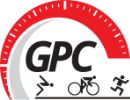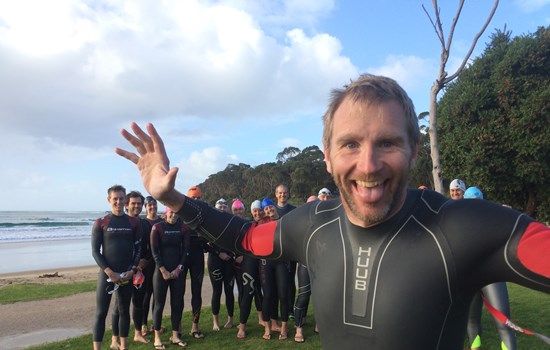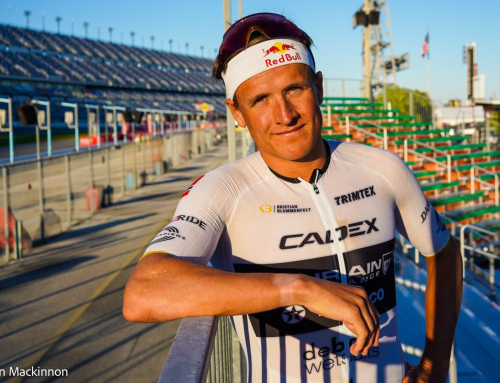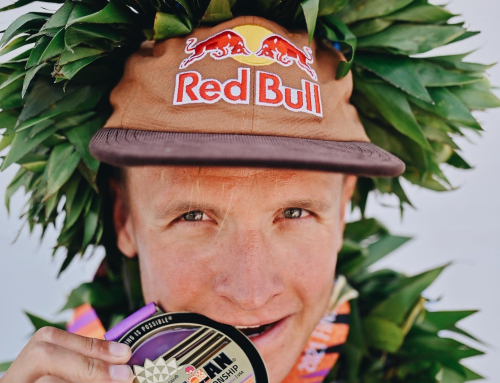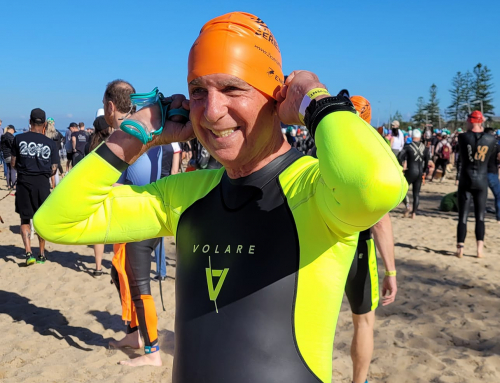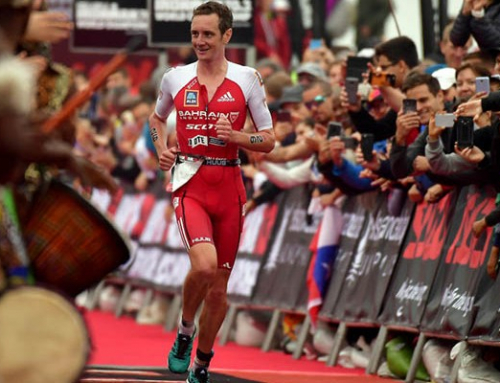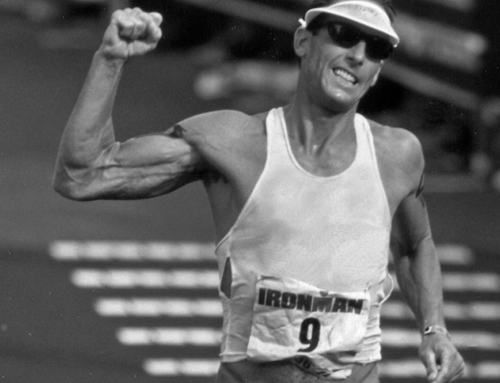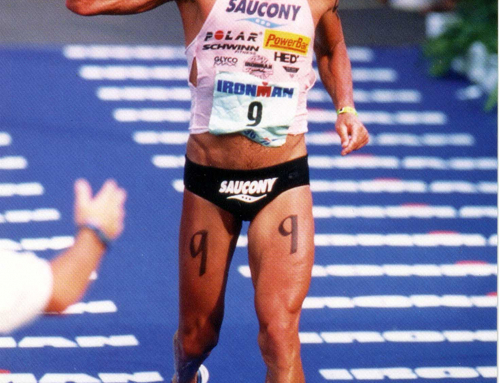After a bad race, it is very important to self reflect and analyse what exactly went wrong. In my thirty years of triathlon & seven years as a full time coach, I have noticed that most post-race analysis comes back to being labelled as bad coaching.
It does sometimes come back to following a bad training program, or not being coached properly. But most of the time & in my experience it is due to the following reasons:
- Lack of Communication– If you don’t contact your coach at least once per week you are not getting coached properly. More information to the coach means a more individual and specific program you will receive.
- Attitude– Attitude before the race is important. Have you caught yourself saying? “I’m going to have a bad race” “I’m not ready to race…” Maintain positive thoughts in racing & training. This will improve enjoyment and therefore overall performance.
- Nervous Energy- The aim is to enter your main race relaxed, pressure free & willing to hurt yourself. If not, you are probably stressing, overthinking or placing too much pressure or expectation on yourself. This is a large amount of lost energy, which you should be conserving for the race.
- Bad Eating Habits– Did you reach your race weight? This should be determined by a sport nutritionist, who can do an in-depth analysis and provide you with realistic guidelines as to your ideal race body composition. If not, then you might have left yourself with insufficient energy or too much weight etc. Post race record a food diary & share this with your coach & sport dietician to improve for next time.
- Bad Drinking Habits– Can be connected to a poor race body composition. Soft drink, alcohol & juices/energy drinks can all contain large amounts of sugar, which will affect your body composition & cause additional inflammation within your body. I recommend no more than one serving per day of one of these drinks, this is enough to satisfy cravings & reduce the negative impacts on your body.
- Low Self Esteem & Body Image– Can influence the amount & types of foods you consume. This may lead to insufficient calorie intake, resulting in poor recovery and/or performance at training sessions & races.
- More is Better– Always wanting to do more volume or intensity is typical of triathletes as a stereotype & A-type personalities. Many athletes think that if they are not completely wrecked after a session, than it hasn’t been a good session. This can cause over training & increase risk of injury. Active recovery is a very powerful tool in triathlon and should be incorporated daily into training completing some sessions or parts of sessions at <60% MHR (max heart rate).
- Life Balance- Again very typical of triathletes & A-type personalities. Triathlon demands discipline and rewards hard work. However, many athletes forget to have fun & have a good life balance and they slowly lose the love & motivation for the sport resulting in poor performance or quitting all together.
- Excuses– Be truthful to yourself. As a coach you hear it all. “My alarm didn’t go off” “I had to walk the dog” “My partner/kids couldn’t sleep” “I had a flat tyre” “I had a headache”. Whatever your excuse is, just remember that even getting 30mins of that session each time this happens it will accumulate into a lot of training at the end of the season, opposed to lots of couch time.
- Not following your program– Over the years I have had no issue reminding athletes who raced poorly, how many excuses or missed sessions they have had. The athlete is responsible to follow the program; therefore the athlete is the one responsible for his or her own successes & failures.
